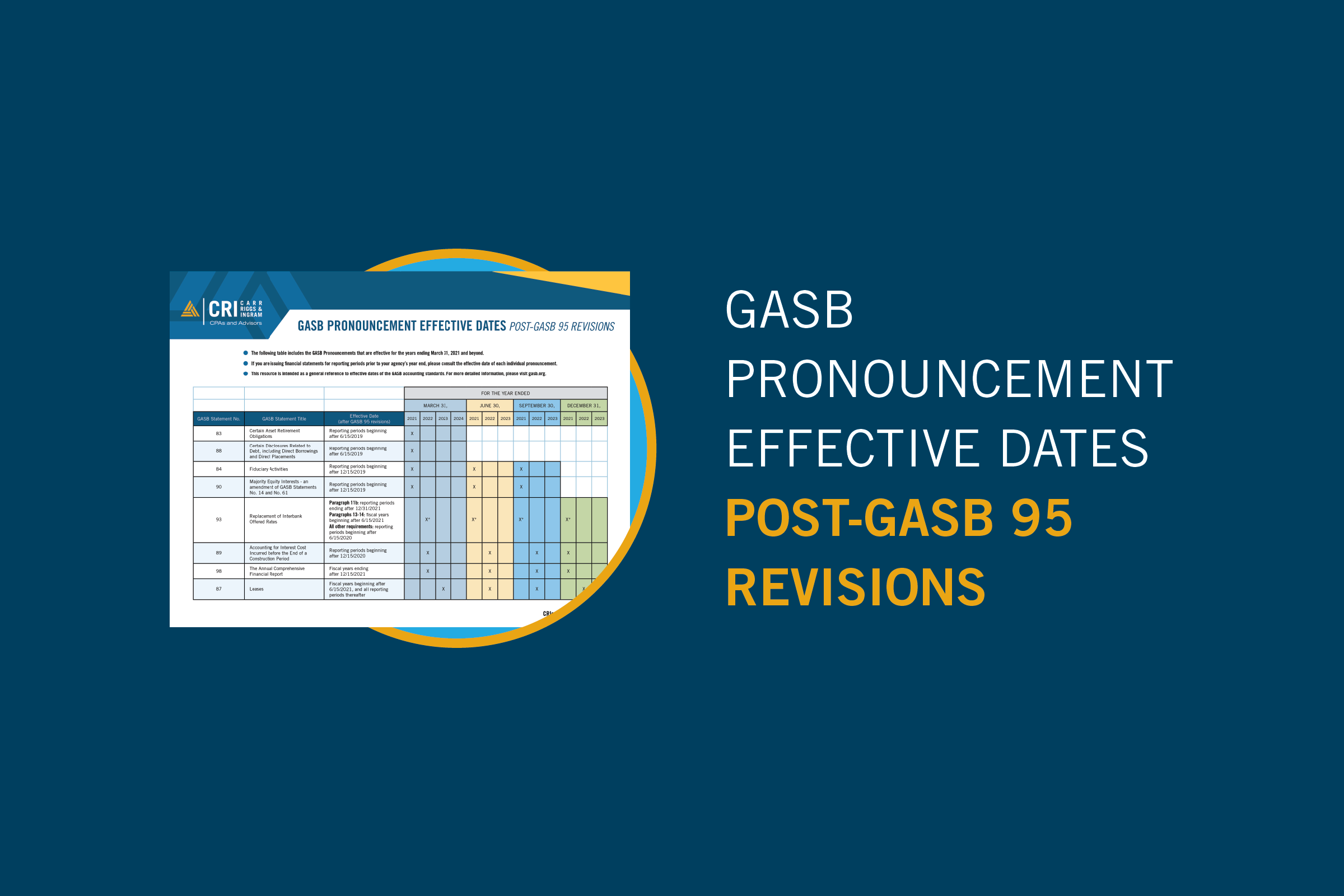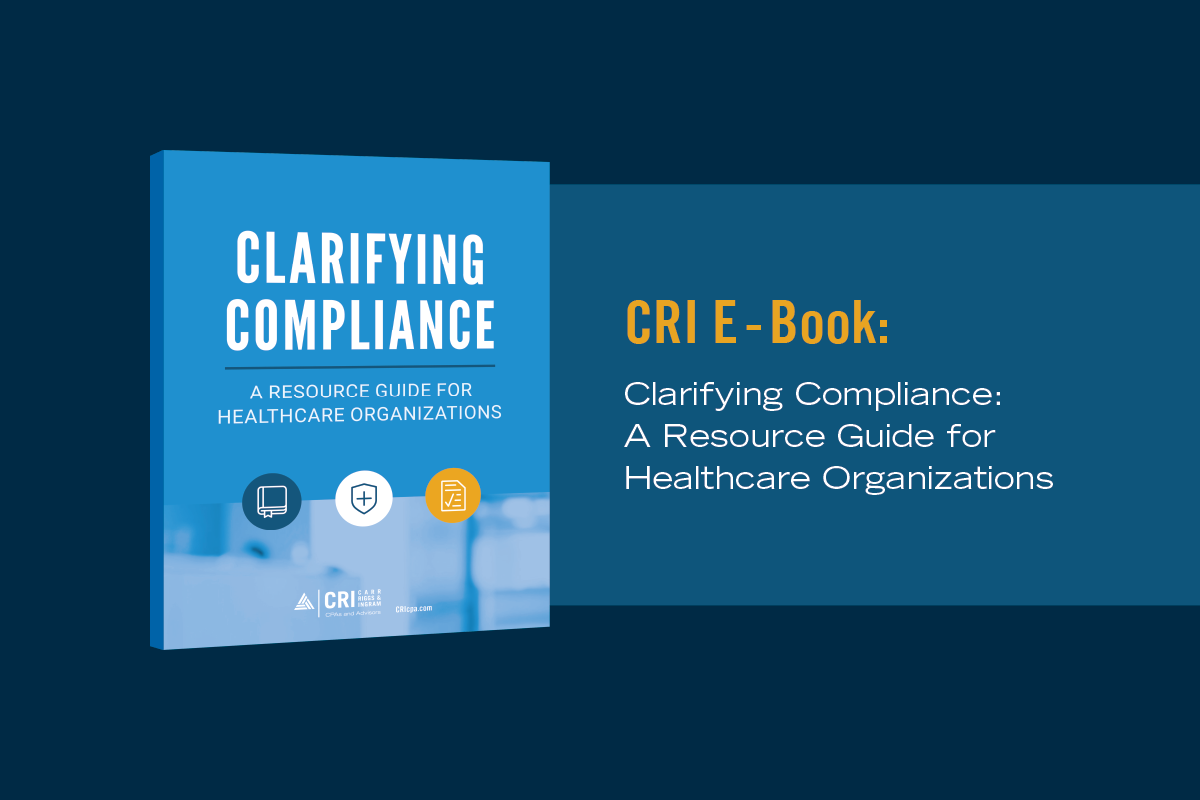3 Reasons to Differentiate Between Controllable and Non-Controllable Costs
Jan 12, 2023
Revenue sources and expenses are both critical components of any company’s profitability. It’s worthwhile for an organization to keep an eye on the two primary expense types that can often affect profitability—controllable costs and non-controllable costs.
Controllable costs include such items as marketing budgets and labor costs, over which the company has full authority. In contrast, non-controllable costs include things like rent and insurance, which a company cannot change. To maintain profitability, management must know the three reasons to differentiate between these two cost types, including:
Efficient management
By focusing more on controllable costs, management can proactively – and more quickly – react to the information that financial statements disclose.
Effective cost monitoring
Although a financial statement does not present raw numbers, it is the organization’s financial scorecard. A financial statement that separates controllable costs from non-controllable costs gives management a clearer picture of the entity’s financial health. Such a statement also allows management to compare monthly or annual trends and quickly pinpoint any unusual patterns.
Incentive packages
In some industries, management is paid according to a profitability split. Therefore, keeping a manager accountable for controllable costs – and unpunished for what s/he cannot control – makes sense. If a company’s financial statements clearly define expenses and their impact on profitability, then team members can more easily understand the incentive packages.
While there are many ways to evaluate your organization’s finances, controllable costs and non-controllable costs are the two most integral pieces that are best for you to manage. Need help determining your controllable and non-controllable costs? Contact your CRI advisor for the necessary assistance to prepare your financial statements and create an effective cost management plan.





















































































































































































































































































































































































































































































































